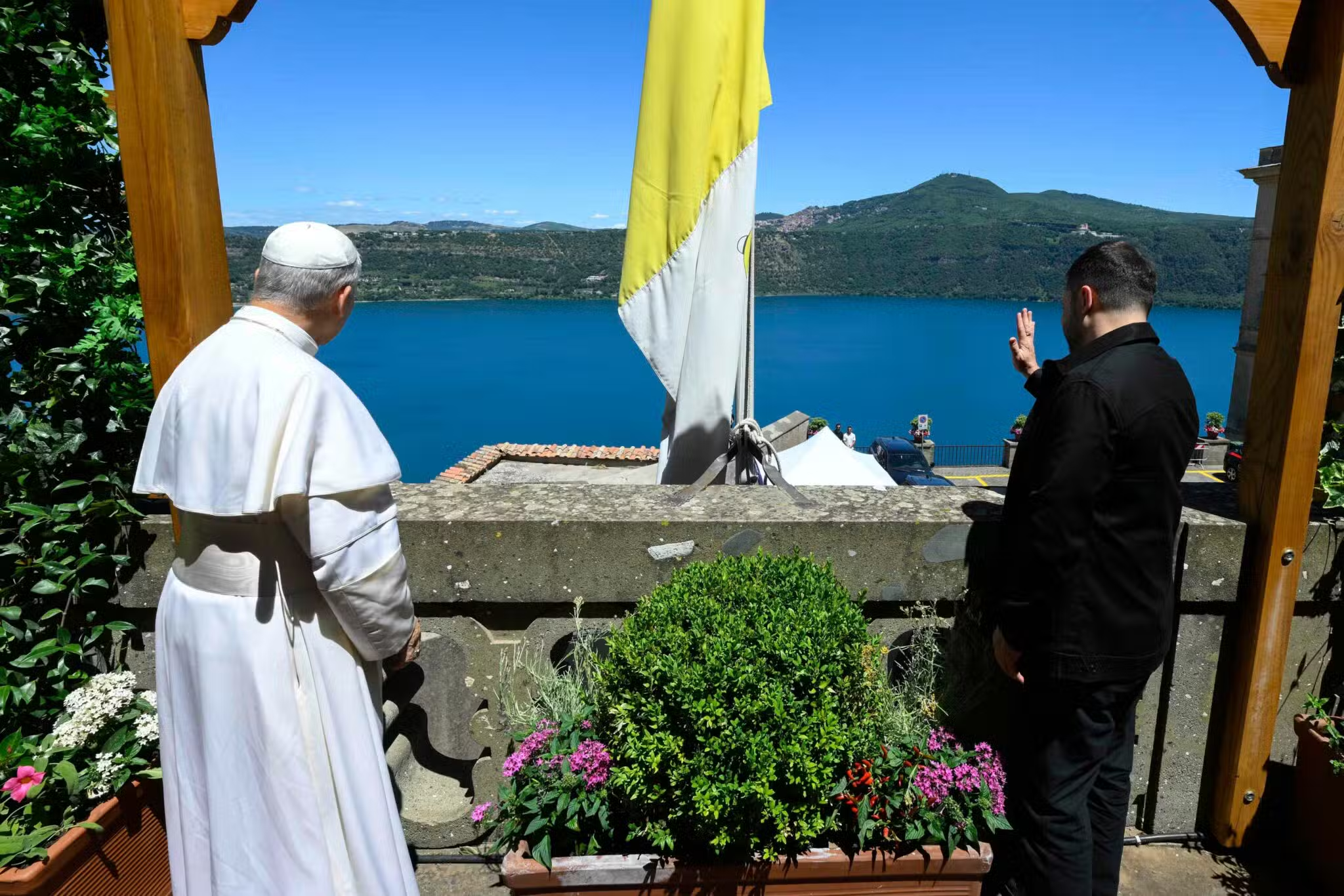Available to listen for free on Wondery.com
American Elections: Wicked Game is a limited-series podcast produced by Airship and Wondery and narrated by Lindsay Graham (not the senator from South Carolina)—a longtime radio and podcast host. Graham introduces each episode with a brief description of a particular US presidential election. From there, he shares a wide array of stories connected or related to that moment in politics, history, and culture. One memorable example is the story of a young Abraham Lincoln nearly dueling future US Senator James Shields with broadswords. Afterward, the two became good friends, despite belonging to opposing political parties.
Graham begins the series by stating the podcast’s desired effect on its listeners: to show them how the United States got to where it is today. The back-and-forth between opposing sides of the political spectrum is meaningful not only for us as citizens, but also as Catholics. Whether considering the Church as a worldwide institution or as it exists in the American landscape, we are united as people of the same faith but often struggle with divisions that boil down to political differences.
Mudslinging and Party Politics
The first episode, “1789, Washington: The Alpha and the Omega,” opens with the narrator discussing the 2016 election (the most recent election at the time it was aired) and the shock of the American public over various controversies in Donald Trump and Hillary Clinton’s respective campaigns. In 1789, there was a unanimous desire to elect George Washington, and, unlike 2016, there were no political parties involved or scandals surrounding his election.
Graham points out that, while the election and reelection of Washington were unique in American politics, major figures knew what was likely to occur once parties emerged. Leaders such as Washington, Alexander Hamilton, and John Adams warned against partisanship over the fear of conflict. The warning, of course, would go unnoticed. Just one episode later, focusing on the election of 1796, we begin to see the Federalist and Democratic-Republican lines being drawn for Adams and Thomas Jefferson. By the end of the third episode, scandal is widespread, and partisan newspapers publish rumors and accusations that would be seen as clickbait today.
The show does have some weak points. In some episodes, it is quite obvious Graham has researched one candidate significantly more than the other. For example, both episodes on William Howard Taft focus almost entirely on Theodore Roosevelt. However, the history lessons provided by American Elections: Wicked Game are pertinent for listeners today, as throughout most of American history, politics have been starkly divisive. For example, Andrew Jackson accused Henry Clay of rigging the 1828 election against him.
With the 2024 election cycle ramping up, American Elections takes on even more meaning for us as citizens and as people of faith. With the history of US presidential elections as a potent reminder, we are called to find and celebrate what unifies us and avoid the temptation to vilify each other—and party nominees—over political divisions.
David O’Brien is a senior history and religion major at La Salle University in Philadelphia. At La Salle, he works as the editor-in-chief of the student newspaper. Additionally, he is a member of the Lasallian Contact Program, where he studies Catholic theology and social teachings through retreats and working alongside the Lasallian Christian Brothers.








